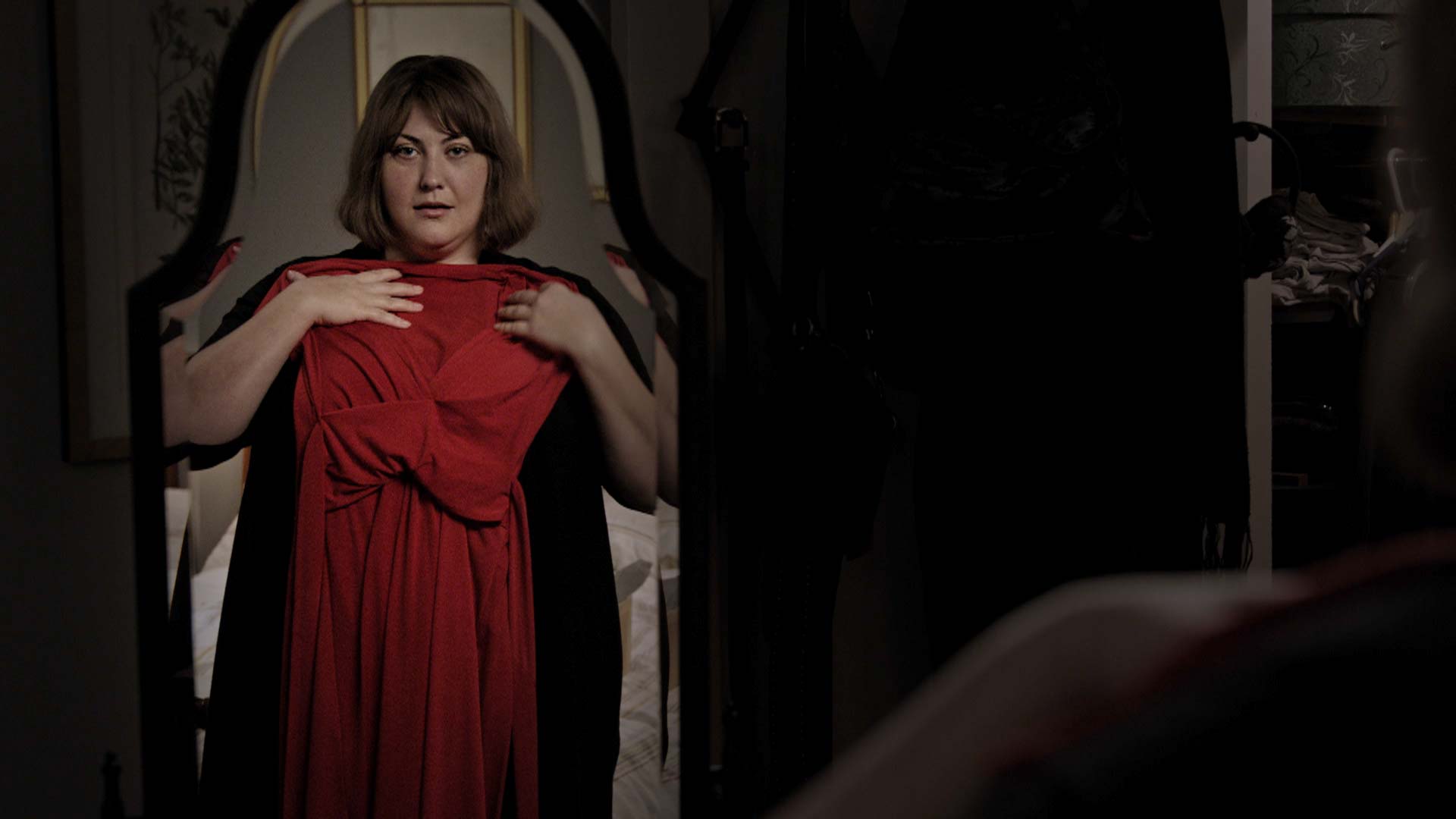
Being Unapologetic: “Dietland” and the journey to self-acceptance
Written by: Adriana Gomez-Weston, CC2K Staff Writer
What does being unapologetic mean? In a positive light, unapologetic means being comfortable in your own skin, aware of your worth, and confident in who you are without being sorry for it. Based on personal experience, it is a long, winding road to self-acceptance. Self-esteem is like a wall. Some incidents cause a crack or two. Others slowly weather the wall down. And in severe cases, the wall completely collapses, leaving nothing but a pile of rubble.
As one of the boldest, most controversial shows on television, Dietland explores the grueling journey to self-acceptance in a society favoring perfection. While the process varies, Dietland takes us on an emotional roller coaster as Alicia, a.k.a. Plum Kettle (Joy Nash) learns to love not only her body, but who she is. Over the course of the season, she decides to stop being sorry and chooses to take action instead.

Dietland shows that in a society constantly dictating how you should be, the act of loving yourself can be an act of rebellion. As the first season of Dietland concludes, Plum learns how to find her voice. Plum struggles with feelings of confusion, disappointment, and anger as she finds herself pushed into the world of the extremist group Jennifer. Prompted by outside influences, Plum’s transformation occurs over several stages.
At the beginning, Plum actively tries to lose weight in order to be accepted by society. She sabotages her body by under-eating and attends a toxic weight loss support group. She diligently plans for gastric bypass surgery, despite its many health risks and financial setbacks. Convinced that being fat is “bad,” Plum internalizes that being treated horribly is part of her existence. Despite her journalistic and baking prowess, Plum hides as a poorly paid ghostwriter behind the glamorous facade of Daisy Chain editor, Kitty Montgomery (Julianna Margulies).
Plum isn’t happy. She survives each passing day. Accustomed to how the world works, she chooses to stay in her place. This is something that is all too familiar for me. After a certain amount of rejection and heartbreak, many settle for less than we deserve instead of facing more obstacles. While Plum’s enemy is society, her biggest conflict stems from within. Humans can be pretty awful, but Plum often stands in her own way as well when it comes to finding happiness.

Early in the season Plum discovers an anti-fad diet book written by Verena Baptist (Robin Weigert), the heiress of an infamous diet called “The Baptist Plan.” Aware of the harm her mother’s work causes, Verena creates her own system to transform individuals. Verena offers Plum $20,000 in exchange for completing the program. Plum rejects Verena’s proposal at first, fearful of what it entails.
Verena steers Plum to transform her mentality. Her focus is not a physical makeover, but an emotional one. Verena’s hope is to uninstall the beauty industry programming. Stated primarily in the book, the plan consists of five tasks to help Plum change her outlook:
- Withdrawal: Verena encourages Plum to give up antidepressants. After the detox, Plum is free to experience her emotions authentically.
- Confrontation: Plum is taught to defend herself in the face of bullies and harassers. Previously, she allows herself to be treated badly because she accepts it as part of societal behavior.
- Makeover: The purpose of the makeover is to show that a bit of outer beauty can bring out inner beauty.
- Blind Dates: Having avoided romance for the majority of her life, Plum goes on a series of unfortunate blind dates. However, she decides she is ready to put herself out there again.
- Disconnection and Reflection: Plum is forced to reflect on the true meaning of happiness and how it relates to her physical appearance.

Due to “The Baptist Plan,” Plum experiences a transformation over the course of ten episodes. After a harsh wake-up call, Plum realizes becoming thin will not fill in the void. Becoming a sexier version of herself won’t take the place of meaningful relationships, safety, or happiness. Stripped of her job, personal relationships, and dignity, Plum’s breaking point occurs as she watches a disturbing art installation consisting of 100 of the worldwide top trending porn videos. Seeing the women humiliated and objectified, she learns that becoming “attractive” will not solve any of her problems. She decides to use her voice in order to reach Daisy Chain’s thousands of young readers. As she composes the email, she lays upon her bed nude, posed similar to a Renaissance painting.
Plum decides to stop apologizing and use her own voice. She dresses and speaks louder. She changes her relationship with not only food, but with her own body. In a state of delayed adolescence, Plum still finds her own way.
As Dietland‘s first season concludes, I wonder where Plum’s new sense of self will take her? In the penultimate episode “Women Down,” Plum discovers she can build activists through her writing as opposed to utilizing Jennifer’s method of violence. It reminds me of the old adage: The pen is mightier than the sword. Or in today’s society: The keyboard is mightier than the gun. When you go through an emotional makeover, the effects are life-altering and wield power. When you finally accept who you are and what you can do, it’s up to you to make the right decision.
